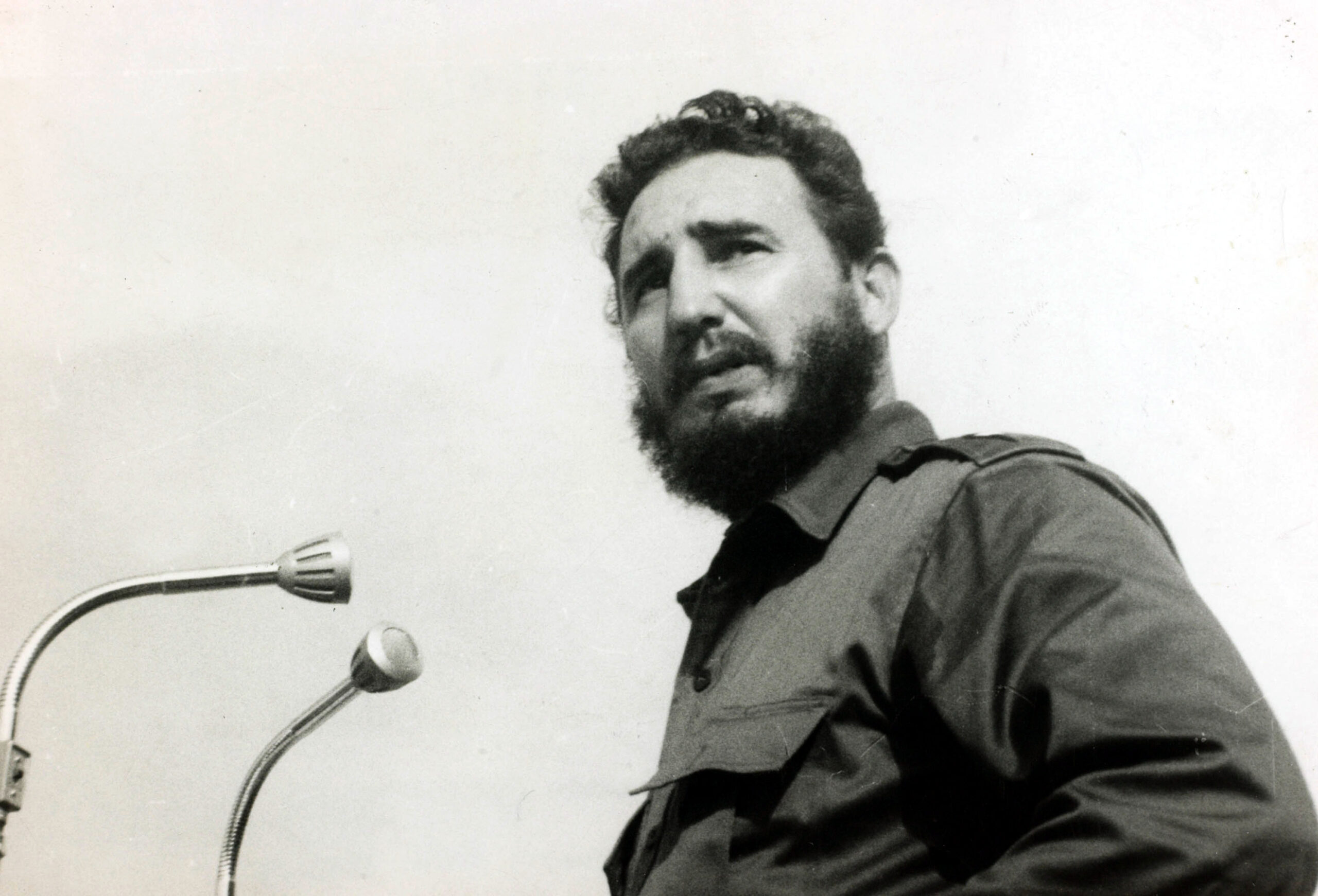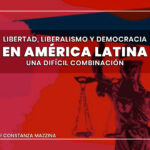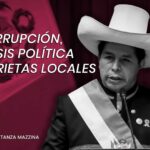Cuba 1959: Agrarian Reform, Campesino Resistance and the Construction of the Totalitarian State
Dr. Orlando Gutiérrez Boronat
On May 17, 1959, at a ceremony at the La Plata camp in the Sierra Maestra mountains, from where he had led the guerrilla insurrection against Fulgencio Batista, Fidel Castro announced the first agrarian reform law. Present were many members of the Council of Ministers, delegations of farmers from different parts of Oriente province, and representatives of the different revolutionary organizations that had fought in the rebellion. Five months earlier, Batista had fled the country and Castro’s triumphant army marched out of the Sierra Maestra, across the island, and into Havana.
The law’s nominal objective was to democratize the Cuban countryside by providing greater participation in the nation’s wealth to its farmers. This was to be accomplished through the breakup of large estates and the redistribution of land. It superseded the earlier Law No. 3 on Agrarian Reform that Castro had previously proclaimed while the insurrection was still taking place.
Additionally, the law enacted that day established the National Institute for Agrarian Reform (known by its Spanish acronym of INRA) as the state organization that would oversee implementation of the land reform. Fidel Castro, whose title in the government at that moment was still that of Prime Minister, was to also become the President of INRA. The newly created institution amassed incredible power over Cuban agriculture, the sugar crop, and even industry and education. In practice, its power would de facto exceed the parameters established by the new law.
Eventually, by the time in 1963 that the last of the laws had been implemented, INRA passed into the hands of a centralized state over 70% of Cuban farm land.1 Rather than analyze this radical transformation in terms of the agrarian reform in and of itself, the purpose of this essay is to demonstrate how overarching ideological objectives were deeply imbricated with the type and speed of the reforms established by the Castro movement.





